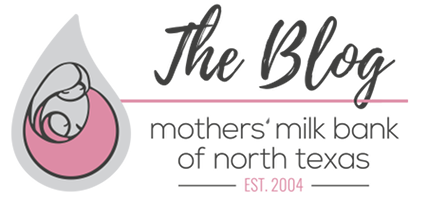Each breastfeeding mother and child reacts differently to caffeine consumption. The effects of caffeine can also be dependent on type of caffeine consumed, age of the infant and time of consumption. Consequently, there is not a specific restriction on caffeine intake while breastfeeding.
However, most experts recommend that a daily dose of caffeine around 300 milligrams per day is acceptable. This is the equivalent of one to two cups of coffee. A can of caffeinated cola generally has 40-45 mg. A small percentage of the caffeine, only one to 10 percent will transmit from the bloodstream to breastmilk. The percentage of caffeine within the breastmilk will peak one to two hours after consumption.
More than the recommended amount of caffeine could cause symptoms of sleeplessness, agitation and jitteriness in the breastfed infant. If this does occur experts suggest that breastfeeding mothers cut back on their caffeine intake.
Younger infants are more susceptible to the symptoms of caffeine. Once infants reach three to four months their bodies are able to metabolize the caffeine and process it through their system.
It is important to remember that many beverages and products contain caffeine, such as tea, soft drinks, chocolate and some over-the-counter allergy or pain medications. Make sure to read the nutritional labels on these types of products to determine the amount of caffeine in the substance.
